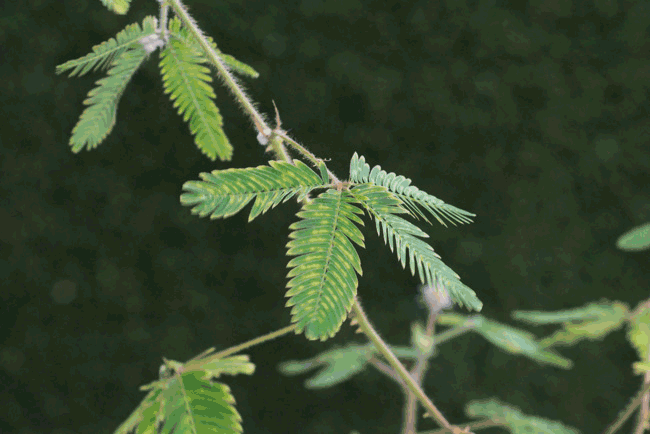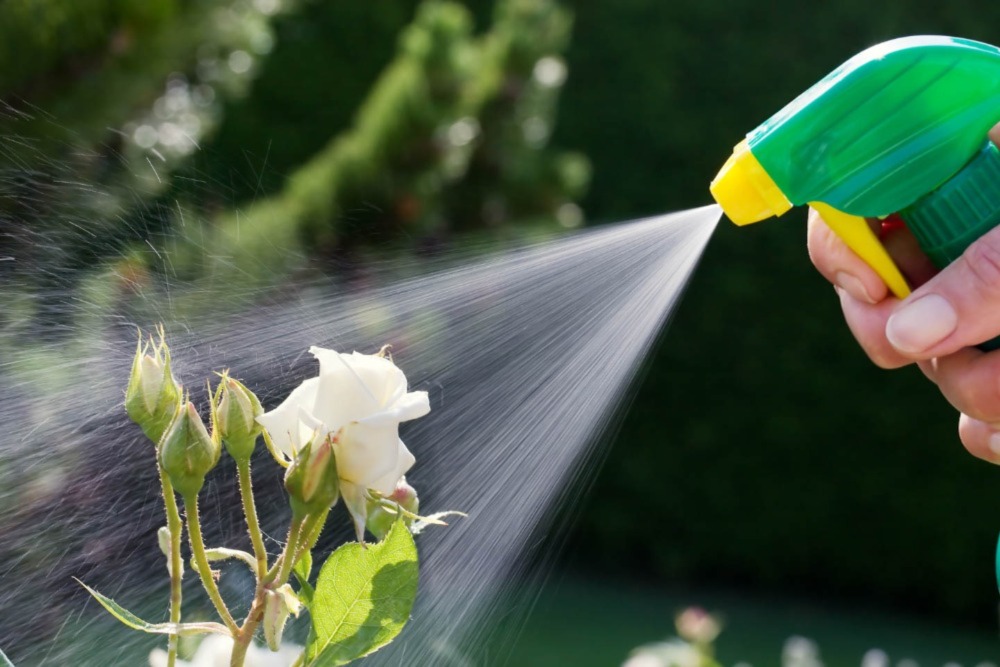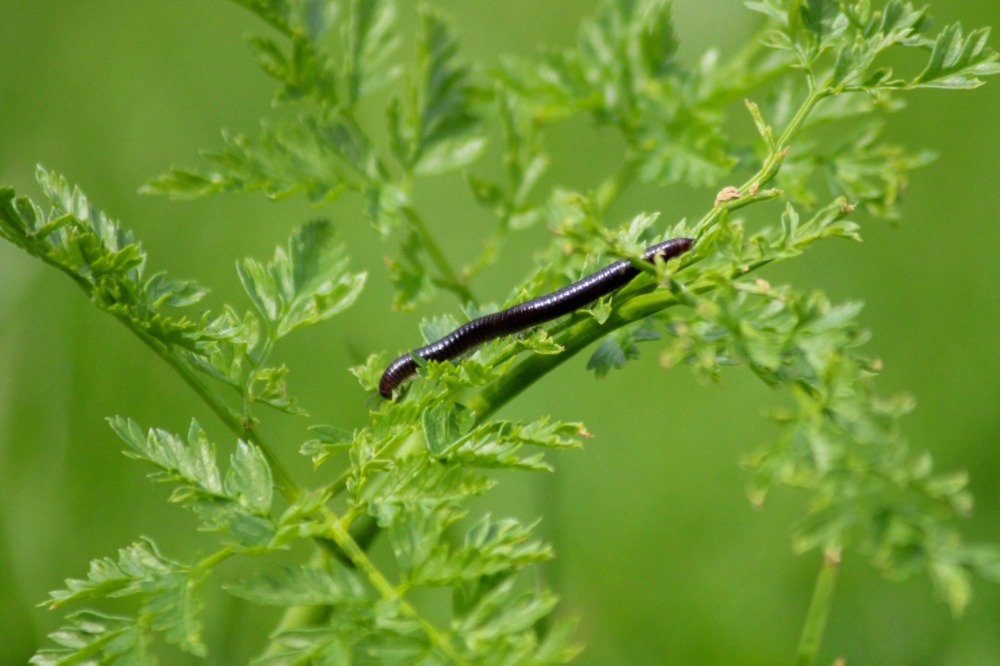Vertical gardens are a beautiful and space-efficient way to grow plants, but they are also vulnerable to pest infestations that can harm your precious green oasis. In this guide, we'll explore effective strategies to protect your vertical garden from pests and ensure its flourishing growth.

Pro Tip: As a seasoned gardener, I would recommend to maintain a vigilant routine of plant inspection. Regularly check your vertical garden for any signs of pest activity, such as wilting leaves, discoloration, or unusual markings. By catching pest infestations early on, you can take swift action and implement natural remedies to prevent the problem from escalating.
Identifying Common Garden Pests
- Aphids: Tiny, pear-shaped insects that suck sap from plants, causing wilting and yellowing leaves.
- Mealybugs: Small, cotton-like pests that feed on plant sap, leaving a sticky residue and weakening the plant.
- Spider Mites: Nearly invisible pests that create fine webs on plants and cause discoloration and stunted growth.
- Whiteflies: Small, white insects that congregate on the undersides of leaves, leading to leaf yellowing and wilting.
- Slugs and Snails: Nighttime pests that feed on young plant leaves, leaving irregular holes and slimy trails.
Natural Pest Control Methods for Vertical Gardens
- Companion Planting: Integrate pest-repelling plants like marigolds, mint, or lavender among your garden plants.
- DIY Pest Repellents: Make natural sprays using garlic, pepper, or vinegar to deter pests effectively.
- Beneficial Insects: Attract ladybugs, lacewings, or praying mantises to feed on harmful pests.
- Neem Oil Spray: Use neem oil, a natural insecticide, to disrupt the pests' life cycle and prevent reproduction.
Organic Pesticides for Vertical Gardens
- Soap-based Insecticides: Non-toxic insecticidal soaps that control soft-bodied pests without harming plants.
- Horticultural Oils: Suffocate and eliminate pests like mites, aphids, and scales by blocking their breathing pores.
- Diatomaceous Earth: Sprinkle this powder around plants to dehydrate and deter crawling insects.
- Garlic Spray: Repel pests with a mixture of garlic and water, which acts as an effective natural deterrent.
Preventative Measures to Protect Your Vertical Garden
- Regular Inspection: Check your plants regularly for early signs of pest infestation to take prompt action.
- Proper Watering and Drainage: Avoid overwatering, as it can attract pests and promote fungal growth and establish proper watering.
- Soil Health and Fertilization: Maintain healthy soil with compost and organic fertilizers to strengthen plants.
- Quarantine New Plants: Isolate new additions to your garden for a few days to ensure they are pest-free.
Physical Barriers and Traps
- Row Covers: Shield your plants with row covers made of fine mesh to prevent pests from reaching them.
- Copper Tape: Apply adhesive copper tape around pots and raised beds to keep slugs and snails at bay.
- Beer Traps for Slugs: Bury containers filled with beer to attract and trap slugs and snails.
Dealing with Specific Pests
- Ants: Block their entry points with natural repellents like cinnamon, citrus peels, or coffee grounds.
- Caterpillars: Handpick or introduce natural predators like birds to control caterpillar populations.
- Snails and Slugs: Place beer traps or crushed eggshells around plants to deter these slimy invaders.
- Fungus Gnats: Allow the top layer of soil to dry out to discourage fungus gnat larvae growth.
Frequently Asked Questions
Q1: What are the common pests that can affect a vertical garden?
A: Common pests that can threaten your vertical garden include aphids, mealybugs, spider mites, whiteflies, slugs, snails, caterpillars, and other small insects.
Q2: How can I identify pest infestations in my vertical garden?
A: Look out for wilting or yellowing leaves, chewed or damaged plant parts, sticky residue, webs, and visible pests crawling on your plants. Regularly inspect your plants to catch infestations early.
Q3: Are there any natural ways to deter pests from my vertical garden?
A: Yes, several natural methods can help deter pests. These include introducing beneficial insects like ladybugs and lacewings, using neem oil spray, creating companion planting with pest-repelling plants, and using garlic or chili pepper sprays.
Q4: Can I use chemical pesticides in my vertical garden?
A: While chemical pesticides can be effective, they can also harm beneficial insects and be toxic to humans and pets. It's best to use them as a last resort and opt for natural pest control methods whenever possible.
Q5: How do I prevent slugs and snails from damaging my vertical garden?
A: To prevent slugs and snails, place copper tape around the base of your vertical garden, as these creatures are repelled by it. Additionally, keep the garden area clean and tidy to reduce hiding spots for them.
Q6: What should I do if my vertical garden is already infested with pests?
A: If your vertical garden is infested, isolate the affected plants immediately to prevent the pests from spreading. Utilize natural pest control methods or consult with a gardening expert for appropriate remedies.
Q7: How can I keep ants away from my vertical garden?
A: To deter ants, sprinkle diatomaceous earth around the base of your vertical garden. This natural substance cuts through the ant's exoskeleton, causing them to dehydrate and die.
Q8: Should I use mulch in my vertical garden?
A: Mulch can be beneficial as it helps retain moisture, regulates soil temperature, and can act as a barrier against certain pests. However, be cautious with mulch as it can also attract some pests like slugs and snails.
Q9: How do I protect my vertical garden from flying insects?
A: To protect against flying insects, consider installing fine mesh netting around your vertical garden. This will act as a physical barrier, preventing them from reaching and damaging your plants.
Q10: Is there a way to prevent pests without using any chemicals at all?
A: Yes, you can maintain a healthy and diverse garden by employing good gardening practices. Regularly inspect your plants, encourage beneficial insects, practice crop rotation, and provide proper soil nutrition to strengthen plant resistance against pests.
Conclusion
With these proactive measures and organic pest control strategies, you can safeguard your vertical garden from potential pests. Embrace nature-friendly solutions and enjoy a thriving vertical garden full of lush, healthy plants. Protecting your garden from pests will ensure you can relish the beauty and tranquility of your green oasis for years to come. Happy gardening!




